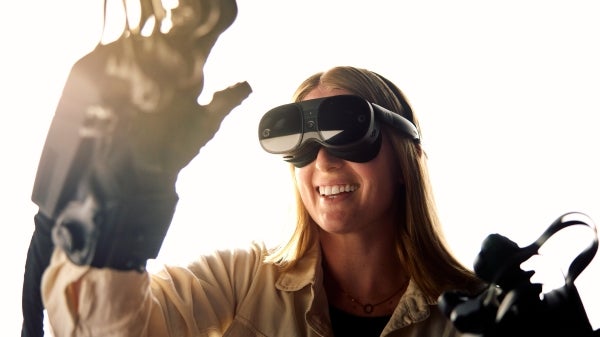Want to help stop violence? Don't 'like' it online

Tom Dishion, a professor in ASU’s Psychology department, said that although the cultural discussion sometimes frames news reports of violence as a social “contagion,” a more penetrating effect comes from receiving peer approval for sharing negative or violent material.
Photo by: IWD/Freeimages.com
It’s common for parents to wonder whether regular exposure to violent acts in the news can influence their children.
That concern is why some parents shield their kids from continuous coverage of school shootings, and why advocacy groups issue regular reports about the damaging qualities of violence in the media.
But research suggests parents should be less worried about what children are watching and more concerned with what they’re posting on social media – and who’s “liking” it.
Tom Dishion, a professor in Arizona State University’s psychology department, said that although the cultural discussion sometimes frames news reports of violence as a social “contagion,” a more penetrating effect comes from receiving peer approval for sharing negative or violent material.
His example is simple: A person who is praised for posting a racist joke on social media is more likely to use racist language in everyday life. The same holds true with sharing scenes of violence.
“So when young kids (post online) and get likes, the way they bring attention to themselves through violent things is highly reinforcing,” Dishion says. “There’s pretty good research that … they’ll do more of it in the future.”
Or, perhaps, even incorporate violence into “real life.”
Various news reports have detailed how Dylan Roof escalated from posting his racist remarks online to murdering nine African-American parishioners in a Charleston, South Carolina, church last month. Dishion said it’s easy to prevent this worst-case-scenario situation: Just talk to your kids.
“In general, the more you’re engaged with young people the less likely it is they will go down that road, extremely,” Dishion said. “It’s preventative. That’s the key message. Words have power.”
And, apparently, so do "likes." Which means another way to combat the spread of violence is to not "like" violent or negative social-media posts.
More Arts, humanities and education

The Poitier Film School hosts Emmy-winning ‘Shōgun’ costume designer Carlos Rosario in LA
The Emmy and Golden Globe award-winning blockbuster FX series “Shōgun” doesn’t just have audiences in its thrall, but the…

Author Tommy Orange delves into historical research for 'Wandering Stars'
Author Tommy Orange, who won acclaim for his 2018 book “There There,” about urban Native Americans, told a crowd at Arizona State…

ASU English department inaugurates student research initiatives
The Department of English at Arizona State University has launched a cluster of initiatives aimed at bolstering student research…